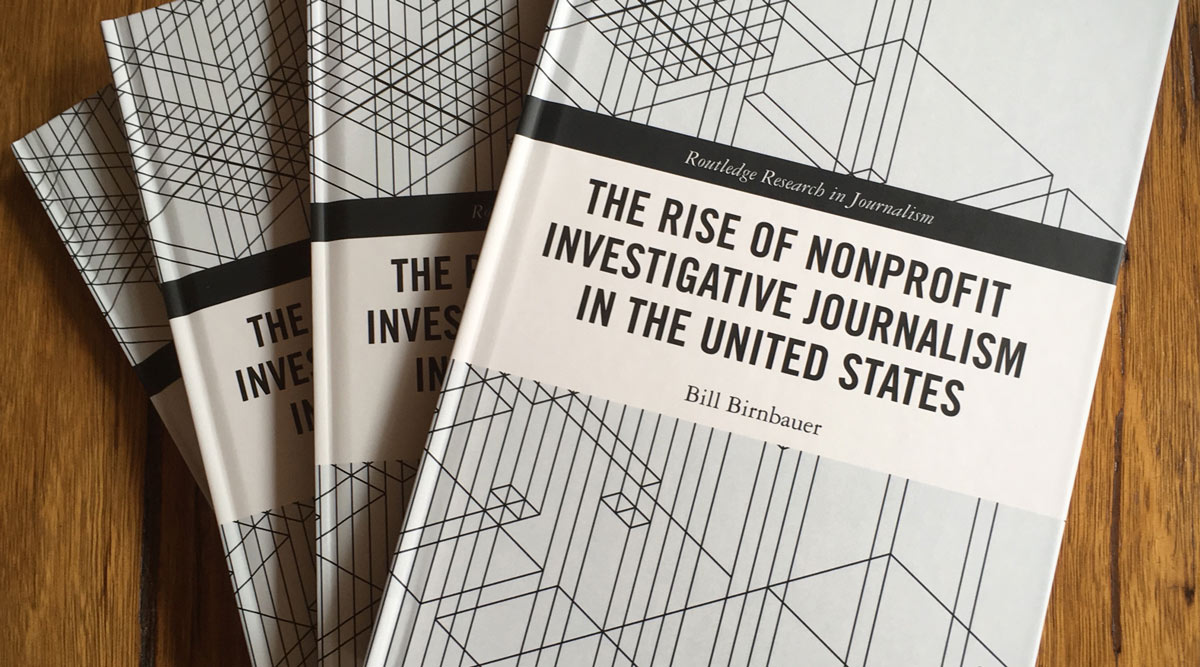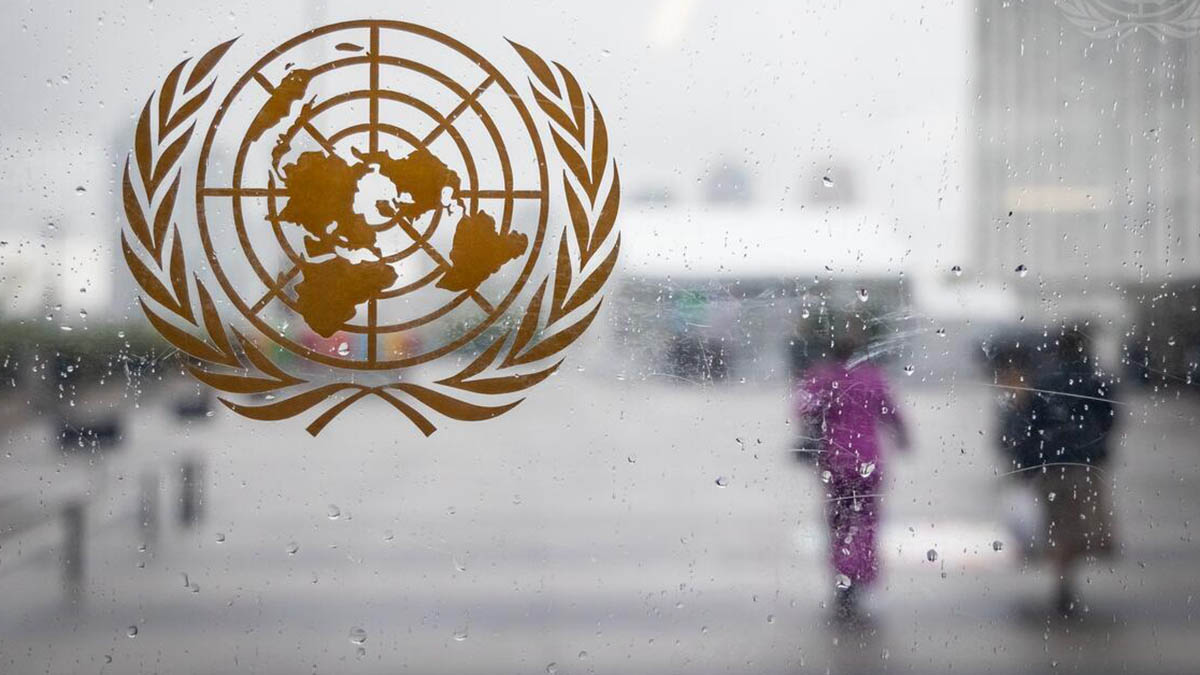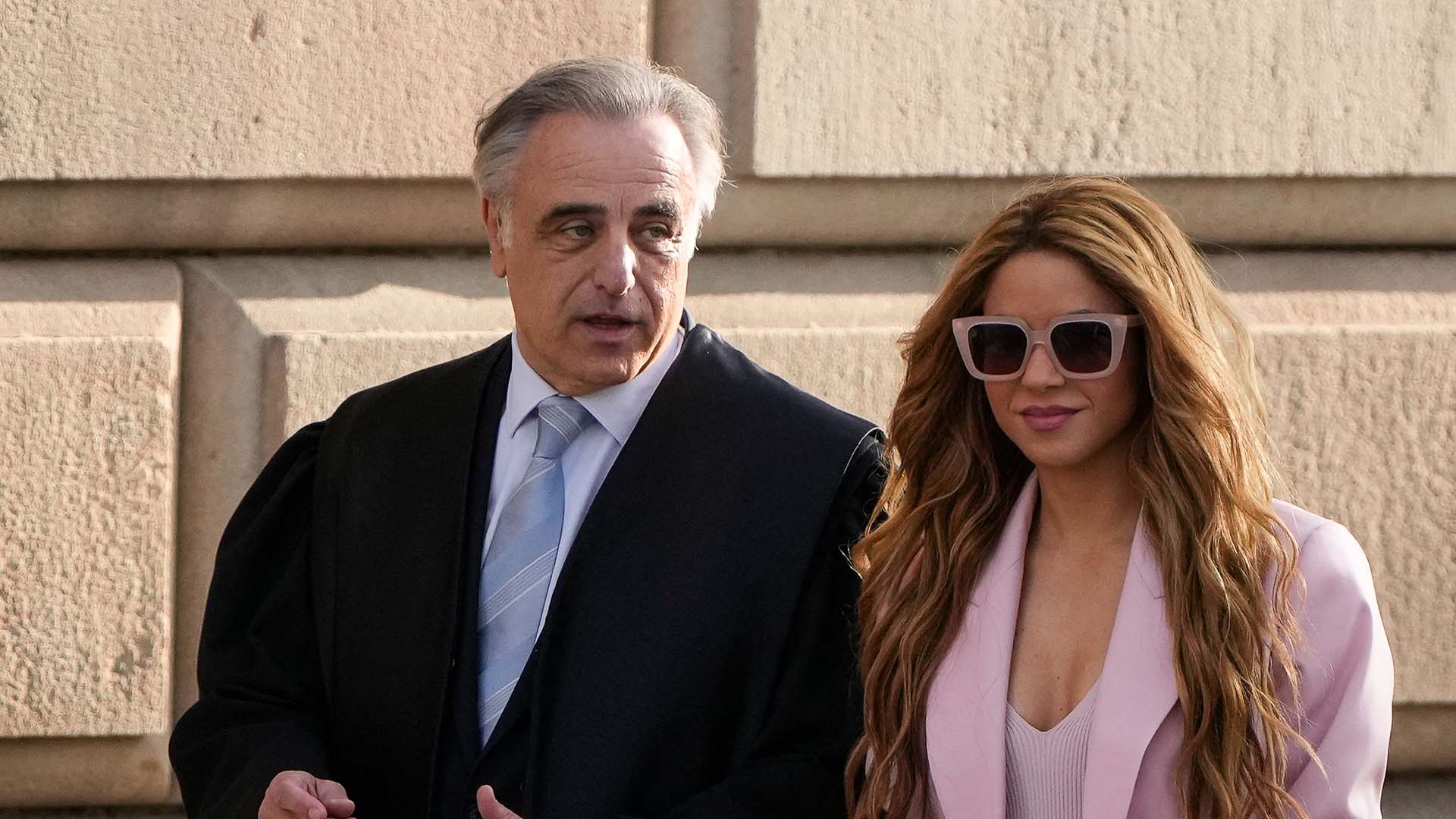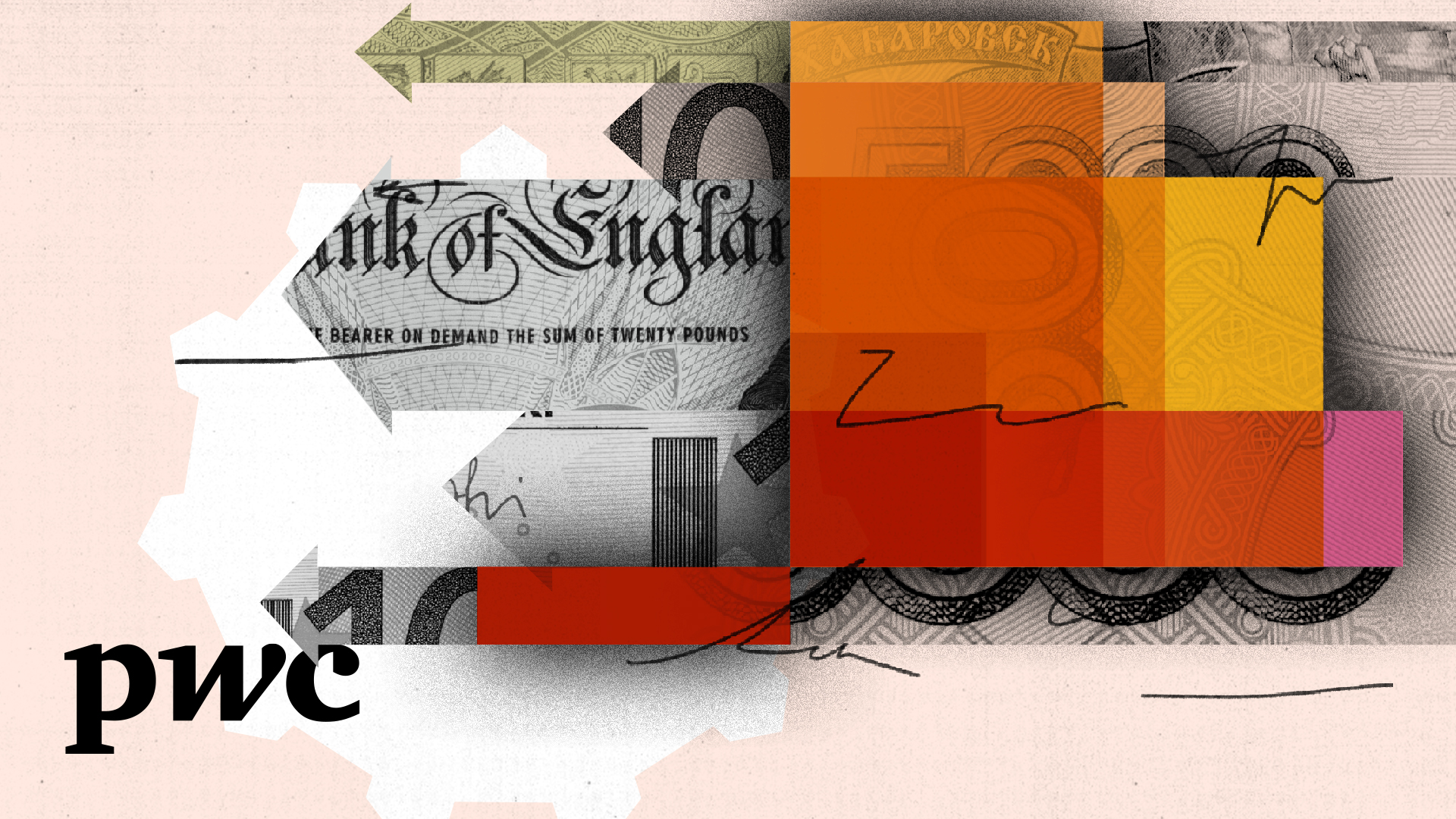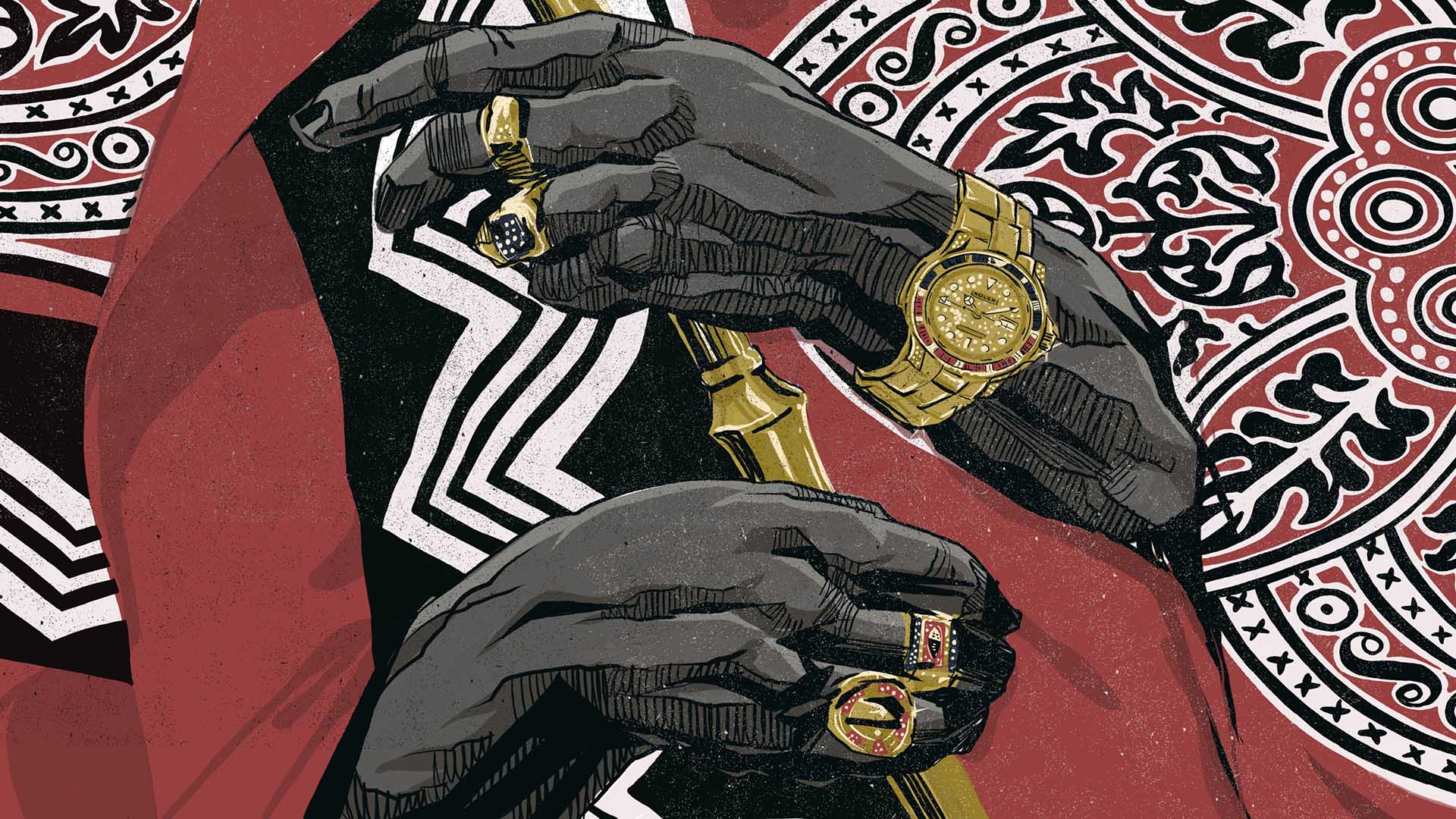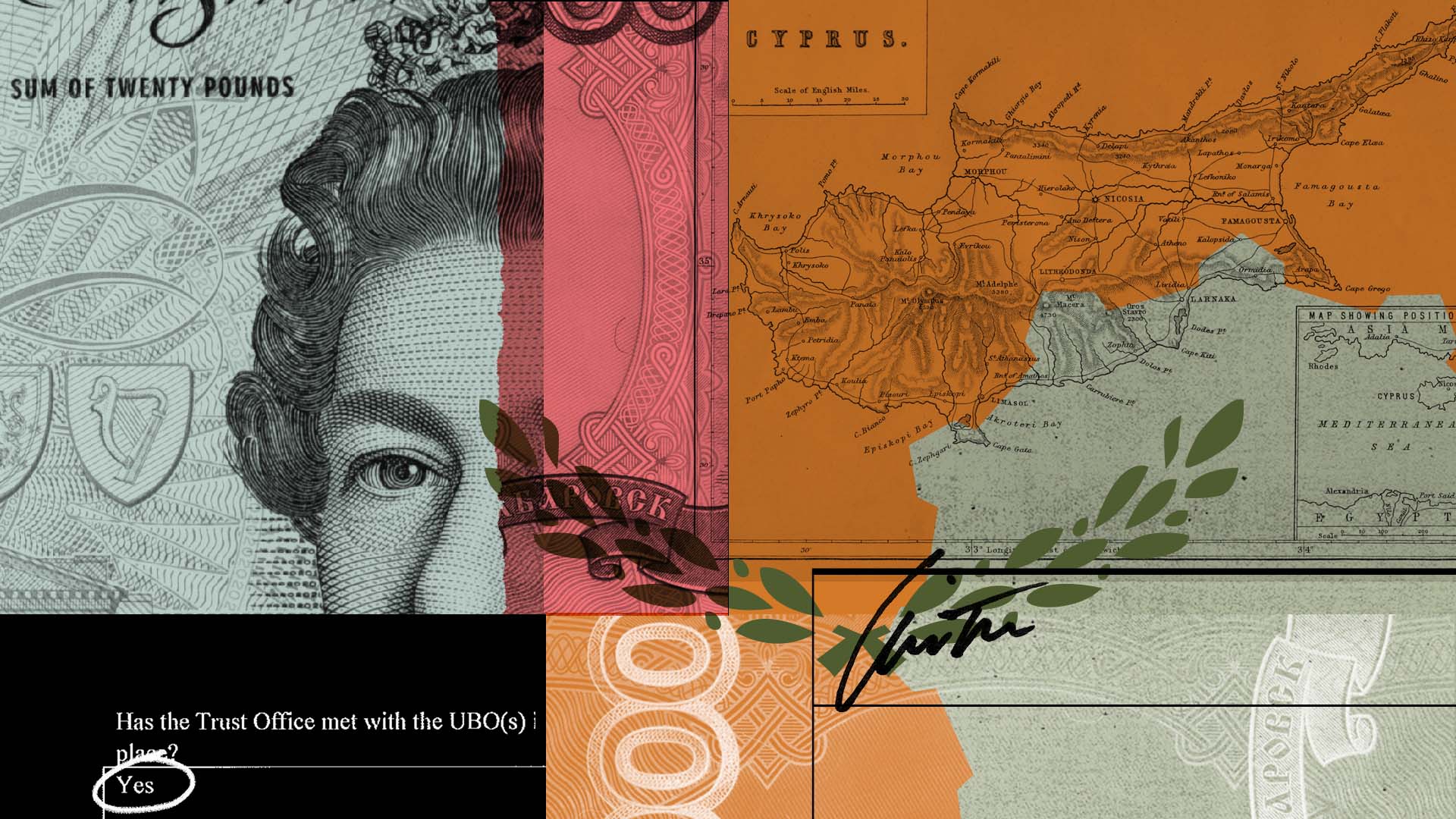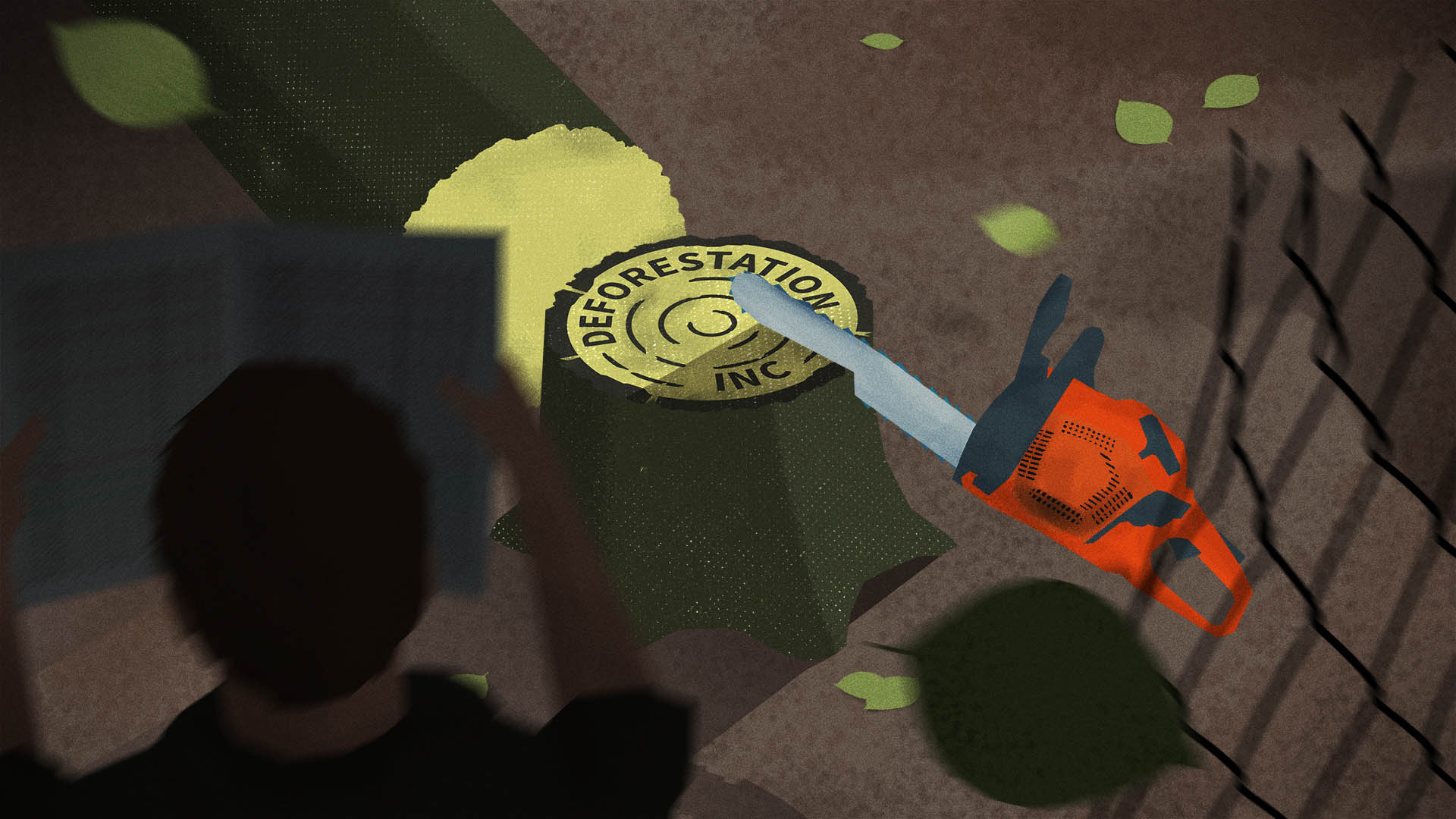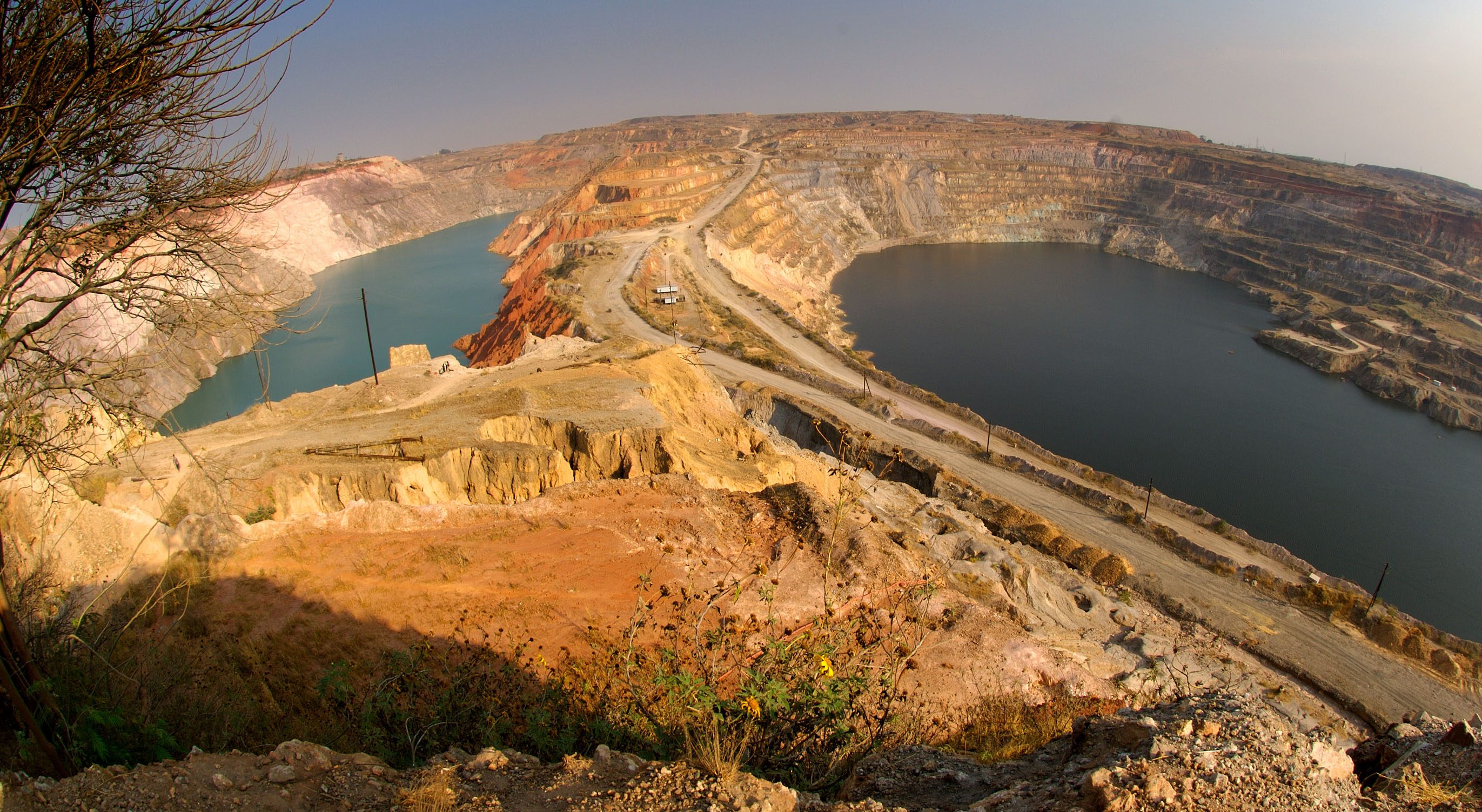
Glencore has sought to protect its tax secrets in Australia while agreeing to a financial settlement with Canadian regulators, 12 months after the Paradise Papers investigation exposed the inner workings of the commodity giant.
The mining giant has taken the Australian Tax Office (ATO) to court to stop officials from using documents that were made public as part of the 2017 global media collaboration that was led by the International Consortium of Investigative Journalists and included 95 media partners from around the world.
The Paradise Papers investigation exposed how some of the world’s most iconic brands and wealthiest rulers and celebrities piped money through tax havens. Reporting by ICIJ’s Australian media partners revealed that Glencore had swapped billions of dollars from Australian to U.S. dollars in a scheme that officials are reportedly investigating for possible tax avoidance.
The swaps, known as “cross-currency swaps,” are legal but under review by the ATO, The Guardian and Australian Financial Review reported. Glencore defended its swaps as best business practice and necessary to guard against currency fluctuations.
Earlier this month, Australia’s highest court released fresh details from Glencore’s bid to stop the ATO using documents that were part of the Paradise Papers. [Read the documents Glencore doesn’t want the ATO to keep]
Glencore argued that the so-called principle of lawyer-client confidentiality should prevent the tax office from using documents prepared for or marked as legal advice.
“Clients must be able to communicate with their lawyers safe in the knowledge that, unless they waive the privilege, what they say to their lawyers will not be used to their prejudice,” Glencore previously argued.
The ATO believes it is not only able but compelled to use information it obtains such as the Paradise Papers and Panama Papers
– Australian Taxation Office
The ATO has refused Glencore’s request to return the documents or not to use them.
“The ATO believes it is not only able but compelled to use information it obtains such as the Paradise Papers and Panama Papers, as would naturally be the expectation of ordinary Australians,” the ATO said in October, according to ICIJ media partner the AFR.
While multinational corporations have a right to some legal privacy, says Jessie Cato, national coordinator of the Publish What You Pay coalition of advocacy groups in Australia, “there is clearly something here that doesn’t seem to be in line with the way that businesses should be operating.”
“I don’t think the ATO is in the habit of releasing information to hurt businesses or of trying to go out and be aggressive,” said Cato, who has researched the finances of some of Australia’s largest corporations. “The fact is that they probably see something.”
On December 18, Katanga Mining Ltd., a Glencore-controlled company headquartered in Canada, agreed to pay regulators in Ontario $22.5 million to settle multiple counts of corporate wrongdoing.
The company, which operates open air and underground mines and processing plants across the Democratic Republic of the Congo, failed to accurately report its financial position, the Ontario Securities Commission found after a lengthy investigation.
Katanga Mining Ltd. also failed to adequately disclose its reliance on companies and people close to billionaire Israeli businessman Dan Gertler.
The U.S. Treasury sanctioned Gertler in 2017, citing his relationship with the president of the DRC, Joseph Kabila. The U.S. Treasury alleged that Gertler earned hundreds of millions of dollars in corrupt oil and mining deals as a middleman for unnamed multinational corporations. Gertler denies wrongdoing.
Journalists and nonprofit organizations have repeatedly exposed aspects of Glencore’s relationship with Gertler.
As part of the 2017 Paradise Papers investigation, ICIJ and media partners revealed a blow-by-blow account of how Katanga called on Gertler to help secure a favorable mining deal. Katanga’s board authorized Gertler to use a “mandate to negotiate with the DRC authorities,” according to confidential minutes of a company board meeting.
The Paradise Papers also showed how Glencore provided a $45 million loan to a Gertler-controlled company while he helped Glencore strike the deal. Gertler and Glencore denied that the loan was related to the Israeli’s assistance.
“This ruling is a welcome first step towards holding Katanga Mining to account, but the payment made by the company is relatively small for the mega-rich Glencore group,” said Peter Jones, head of corruption investigations at nongovernmental organization Global Witness, which has followed Glencore and Gertler’s relationship.
“Glencore is disappointed by the conduct that has led to today’s settlement,” the company said in a statement. “Glencore has taken appropriate remedial actions in response to this conduct.”


